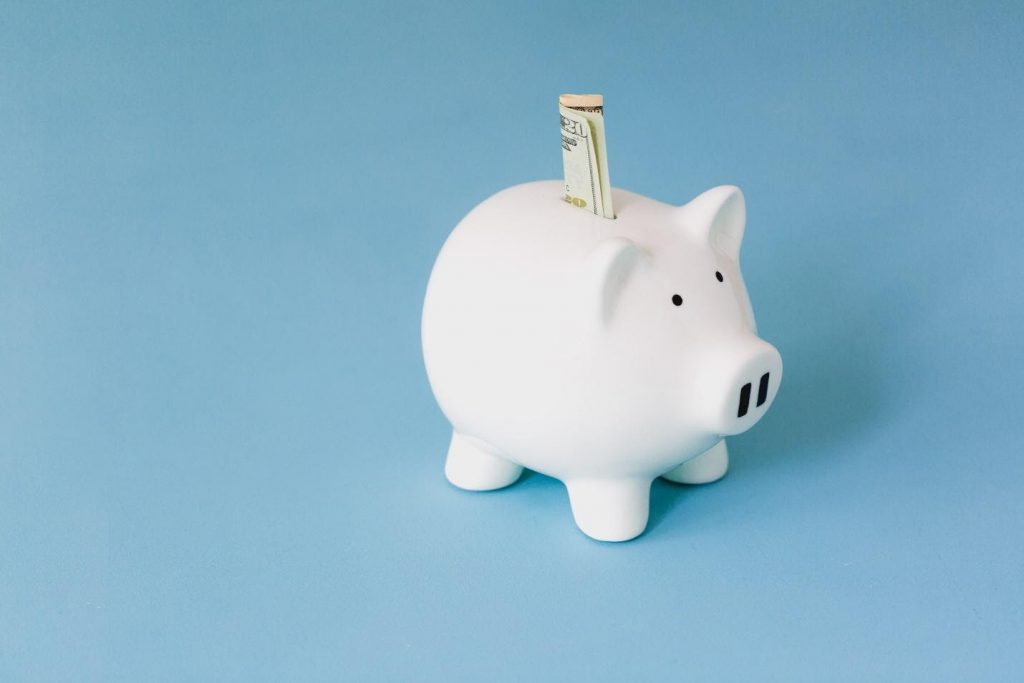
Would you consider yourself financially stable? Or do you feel like your personal finances are always precarious, like only one small problem could send you scrambling? If you’ve answered the latter, you should read ahead to learn the best strategies for finding and maintaining financial stability.
Table of Contents
Never Spend Blind
Not knowing where your money is going is a quick way to land yourself into financial trouble. If you want to make sure you’re on good financial footing, you should track your spending on a regular basis.
How can you do this? Here are some ways to keep track of your funds:
- Download banking apps on your smartphone so that you can check your accounts at any time.
- Put together a personal/household budget. A budget will reveal whether your monthly expenses measure up against your income or not. You might be surprised to find that your expenses outweigh your income, putting you into debt.
- Download spending tracking apps and bill monitoring apps on your smartphone.
These steps will help you figure out exactly how much money you have and what you spend it on every month. You’ll be completely aware of your financial decisions. That knowledge is powerful. It will keep you from getting blindsided by overdraft fees, missed bills, massive credit balances or other unpleasant surprises.
Always Have a Backup Plan
Preparing for the worst is an excellent strategy if you want to become financially stable and stay that way. You never know when an emergency is going to throw a wrench in your finely-tuned budget. Instead of hoping that nothing goes wrong, you should set up safety nets that you can always rely on.
Starting an emergency fund will put you miles ahead of the average person. Research shows that 40% of Americans don’t have $400 for emergency expenses sitting in their bank accounts. That means that a significant portion of the country couldn’t afford an unplanned bill from a plumber, auto mechanic or repairperson without panicking. You don’t want to be in this position.
To start an emergency fund, you should take a good look at your budget and see what savings you can afford to move into a separate account. Add to this account every month and watch it grow. Whatever you do, don’t take anything out of it. It’s for emergencies only.
You should look into other safety nets while you’re starting your emergency fund from scratch. You could always apply for a quick line of credit in case you need to recover from an urgent and unexpected expense, but you don’t have the savings to manage the costs. Click here to see a potential option for online loans in Indiana and what qualifications you need to apply. It’s always wise to be prepared.
Stay Away from the Limits
One way to stay far away from financial instability is to stay away from your credit limits. Don’t think of your credit limits as suggestions — think of them as hard boundaries that you don’t want to test. Getting too close to those boundaries could set you up for maxed-out credit cards, full lines of credit, and steep debt loads.
Ideally, you should try to keep your credit utilization ratio below thirty percent if you want to avoid these types of disasters. That means that you should try to keep your balance below the halfway point. Consider that your safe and stable zone.
Financial stability doesn’t happen by chance. It takes effort. When you follow these three essential strategies, you don’t have to worry so much about losing control over your finances.

